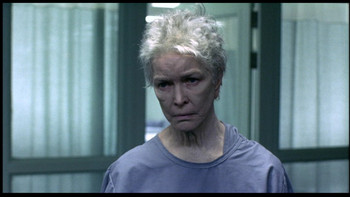We Built This Shitty
Normally, lists of the best or worst of anything offend my sensibilities, but Blender magazine’s fifty worst songs ever seems to nail it, topped by Starship’s “We Built This City.” I hated it way back in 1985, when I liked a lot of awful stuff.


